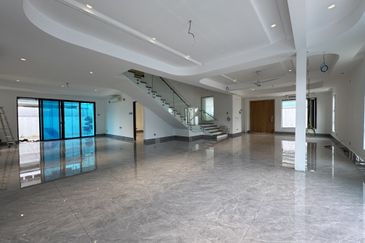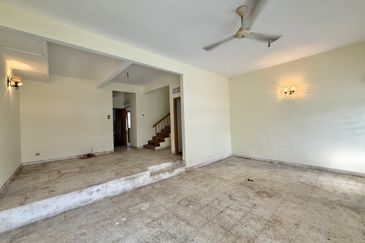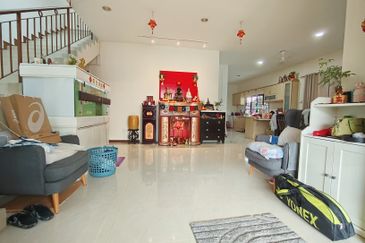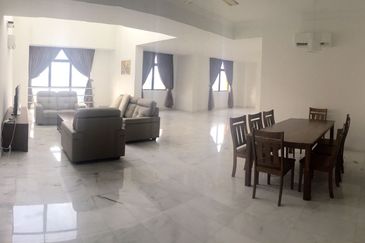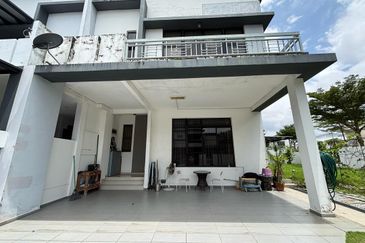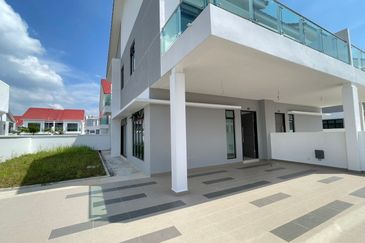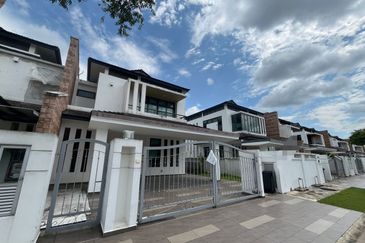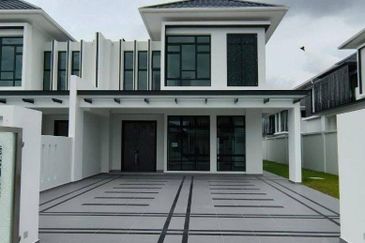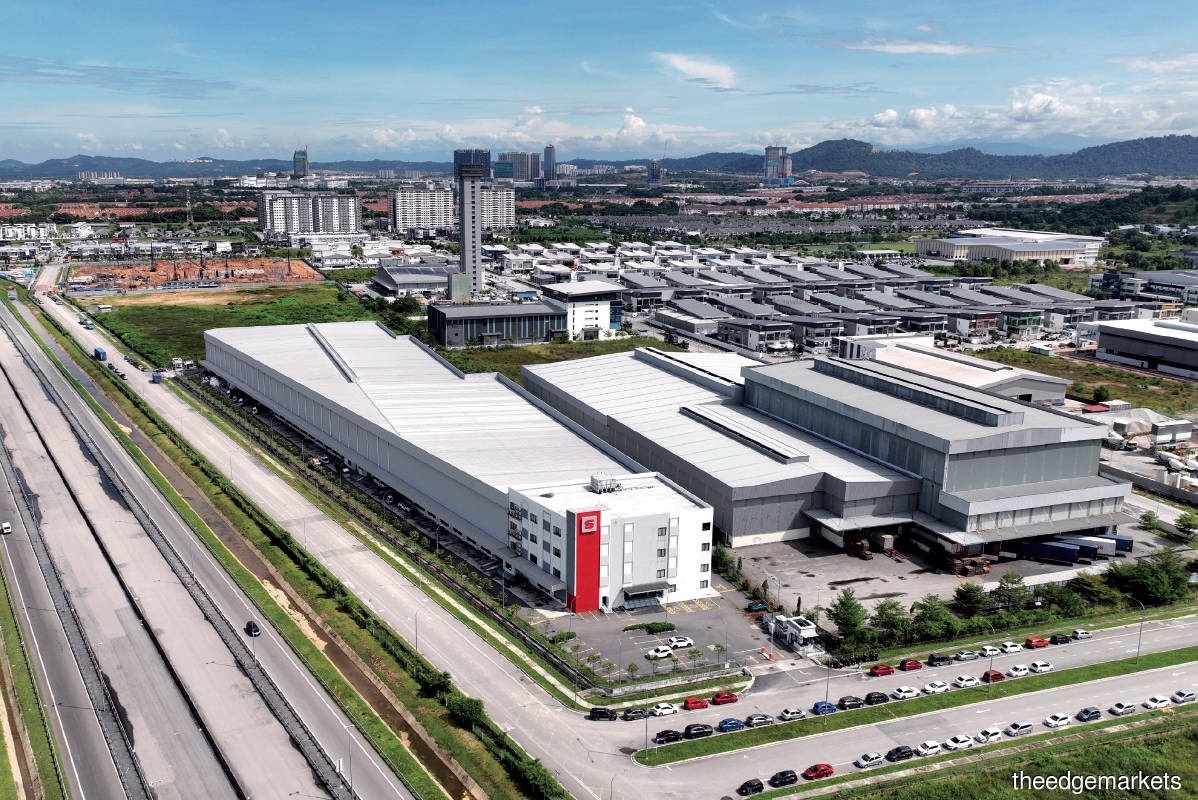
- KL’s industrial market saw completions in 1H2024 with approximately 1.2 million sq ft of warehouse space coming online. These spaces are recording close to full occupancy from 3PL, FMCG and e-commerce companies.
KUALA LUMPUR (Aug 8): International players continue to enter the Malaysian industrial market, driven by the global supply chain diversification strategy known as China Plus One, according to JLL Malaysia’s 2Q2024 Greater Kuala Lumpur Property Market Monitor, which was launched on Wednesday. This strategy aims to reduce dependence on China by diversifying sourcing and production locations.
The market has seen notable activities, despite a cautious approach from manufacturers in expanding storage space due to rising costs. KL’s industrial market saw completions in 1H2024 with approximately 1.2 million sq ft of warehouse space coming online. These spaces are recording close to full occupancy from 3PL (third party logistics companies), FMCG (fast-moving consumer goods) and e-commerce companies.
The two major warehouse projects that were completed — E-Metro Logistics Park Metrohub 2 in Klang and Atrium Shah Alam 4, both in Selangor — contributed 800,000 sq ft and 338,417 sq ft respectively.
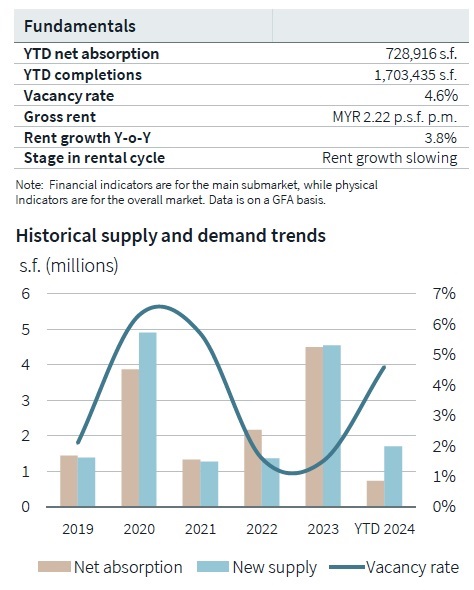
The development pipeline remains robust, with approximately 2.8 million sq ft of warehouse space expected to be available by the end of the year, comprising high-quality, sustainable assets deemed attractive to contemporary warehouse users.
The outlook remains positive, in light of the US-China trade war culminating in the China Plus One strategy. Continuous warehouse demand is expected from 3PL and manufacturing companies, particularly the electrical and electronics, automotive, cold storage logistics and healthcare/pharmaceutical industries.
Looking to buy a home? Sign up for EdgeProp START and get exclusive rewards and vouchers for ANY home purchase in Malaysia (primary or subsale)!
TOP PICKS BY EDGEPROP
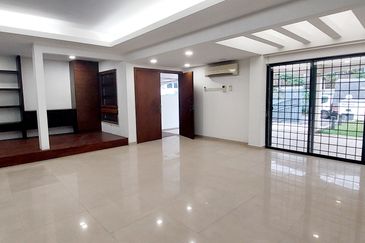
Tropicana Golf & Country Resort
Tropicana, Selangor
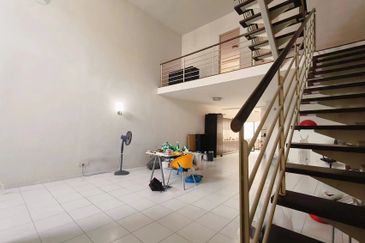
Lake Fields - Meadows and Glades
Sungai Besi, Kuala Lumpur
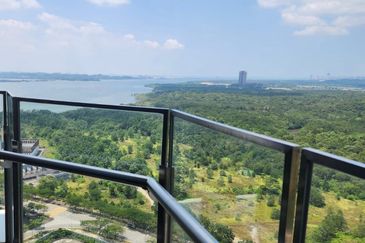
Almas Suites @ Puteri Harbour
Iskandar Puteri, Johor
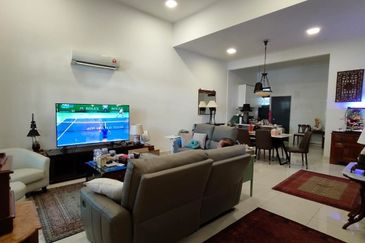
The Canal Garden South, Horizon Hills
Iskandar Puteri, Johor

East Ledang
Iskandar Puteri (Nusajaya), Johor
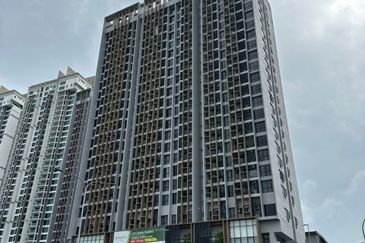
Sky Trees @ Bukit Indah
Iskandar Puteri (Nusajaya), Johor
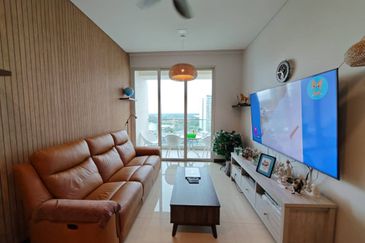
Puteri Cove Residences
Iskandar Puteri (Nusajaya), Johor
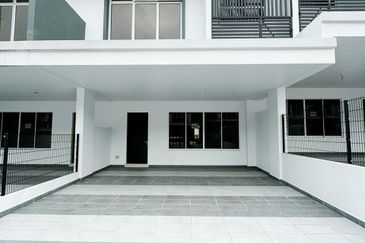
Iconia Garden Residence @ Taman Impian Emas
Johor Bahru, Johor

.jpg?4CjoVxShXkpBIdSi209pUytpwkZNqceD)
